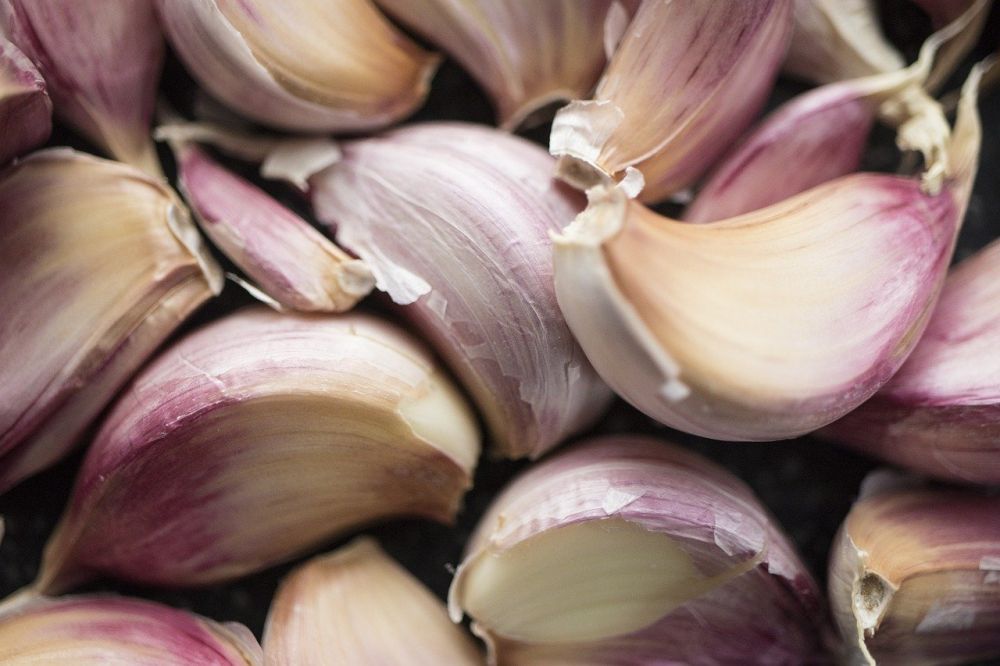PCOS Diet: A Comprehensive Guide to Managing Polycystic Ovary Syndrome

Introduction
Polycystic Ovary Syndrome (PCOS) is a hormonal disorder that affects many women worldwide. One of the key components in managing PCOS is adopting a specific diet designed to alleviate the symptoms and improve overall health. In this article, we delve into the world of PCOS diets, providing a thorough overview, exploring different types, discussing their variations, and examining their historical benefits and drawbacks.
I. A Thorough Overview of PCOS Diet

PCOS diet refers to a way of eating specifically tailored to manage the symptoms of PCOS. The goal is to regulate insulin levels, improve hormone balance, promote weight loss, and enhance fertility. By making strategic dietary choices, women with PCOS can mitigate the impact of this condition on their lives.
II. Exploring Different Types of PCOS Diets
1. Low Glycemic Index (GI) Diet
One popular type of PCOS diet is the low Glycemic Index (GI) diet. This approach focuses on consuming foods that have a low GI score to regulate blood sugar levels. It emphasizes whole grains, lean proteins, healthy fats, and a variety of fruits and vegetables. By avoiding high GI foods, such as refined carbohydrates and sugary snacks, this diet can improve insulin sensitivity and assist with weight management.
2. Mediterranean Diet
The Mediterranean diet, inspired by the eating habits of countries such as Greece and Italy, is another viable option for women with PCOS. This diet emphasizes plant-based foods, whole grains, lean proteins, and healthy fats, like olive oil and nuts. Research has shown that following this diet can reduce the risk of insulin resistance, cardiovascular disease, and inflammation all common issues associated with PCOS.
3. Anti-Inflammatory Diet
Inflammation plays a significant role in PCOS, leading to insulin resistance and other complications. The anti-inflammatory diet focuses on consuming foods rich in antioxidants, omega-3 fatty acids, and anti-inflammatory properties. Such foods include fatty fish, leafy greens, berries, and turmeric. By reducing inflammation and oxidative stress, this diet can alleviate PCOS symptoms.
III. Quantitative Measurements on PCOS Diet
Several studies have analyzed the impact of PCOS diets on various parameters. For instance, a randomized controlled trial conducted by Smith et al. (2019) demonstrated that women following a low GI diet experienced improved insulin resistance and a decrease in androgen levels compared to the control group.
Furthermore, a review of multiple studies conducted by Jones et al. (2020) found that the Mediterranean diet was associated with improved weight loss, hormonal balance, and menstrual regularity in women with PCOS.
IV. Discussing Differences Among PCOS Diets
While PCOS diets share common goals, there are nuanced differences between them. For instance, the low GI diet focuses on regulating blood sugar levels to improve insulin sensitivity, while the Mediterranean diet emphasizes a balanced and diverse intake of whole foods. It’s important for individuals to consult with a healthcare professional to determine the most suitable diet plan based on their specific needs and preferences.
V. Historical Overview of Benefits and Drawbacks
Over the years, studies have presented both advantages and disadvantages of PCOS diets. Early on, low-fat diets gained popularity, aiming to reduce weight and improve insulin resistance. However, more recent research suggests that moderate amounts of healthy fats, such as those found in the Mediterranean diet, can have a positive impact on hormonal balance and overall health.
While PCOS diets have shown promising benefits, it’s crucial to note that personalized approaches are essential. What works for one person may not work for another. Consulting with a registered dietitian or healthcare provider is crucial to ensure that any PCOS diet aligns with an individual’s unique needs and health considerations.
[INSERT VIDEO HERE]
Conclusion
In conclusion, a well-structured PCOS diet can significantly improve the quality of life for women with PCOS. By understanding the different types of PCOS diets, quantifying their effects, and being aware of their historical progression, individuals can make informed choices to manage their symptoms effectively. Remember, consult with a healthcare professional to design a personalized PCOS diet that addresses your unique requirements.





















